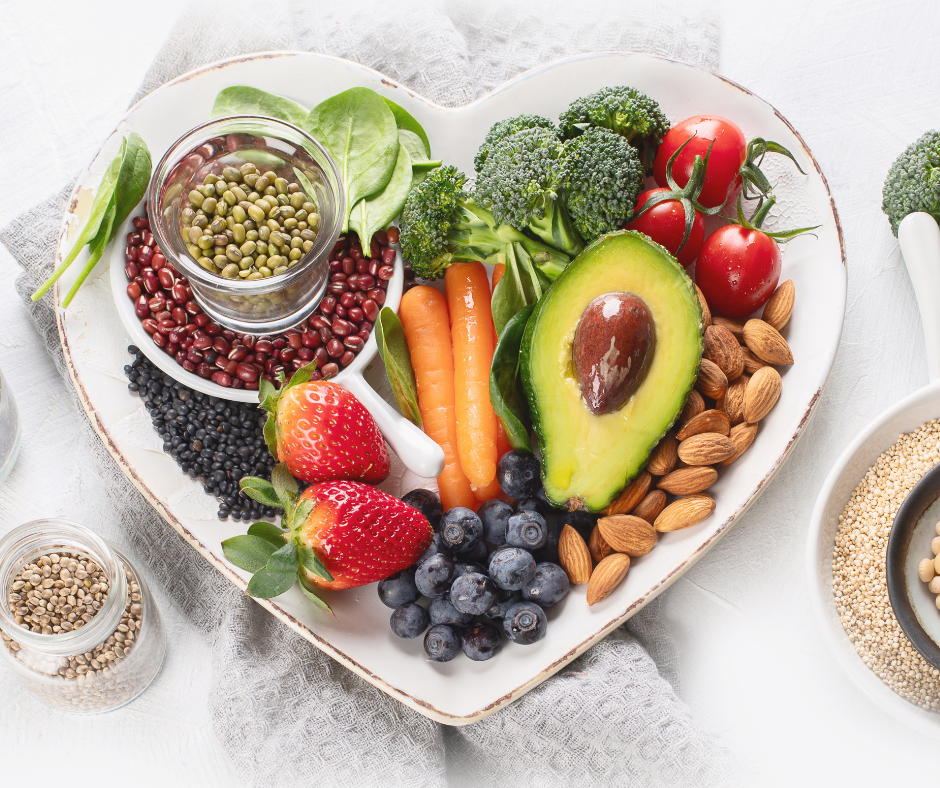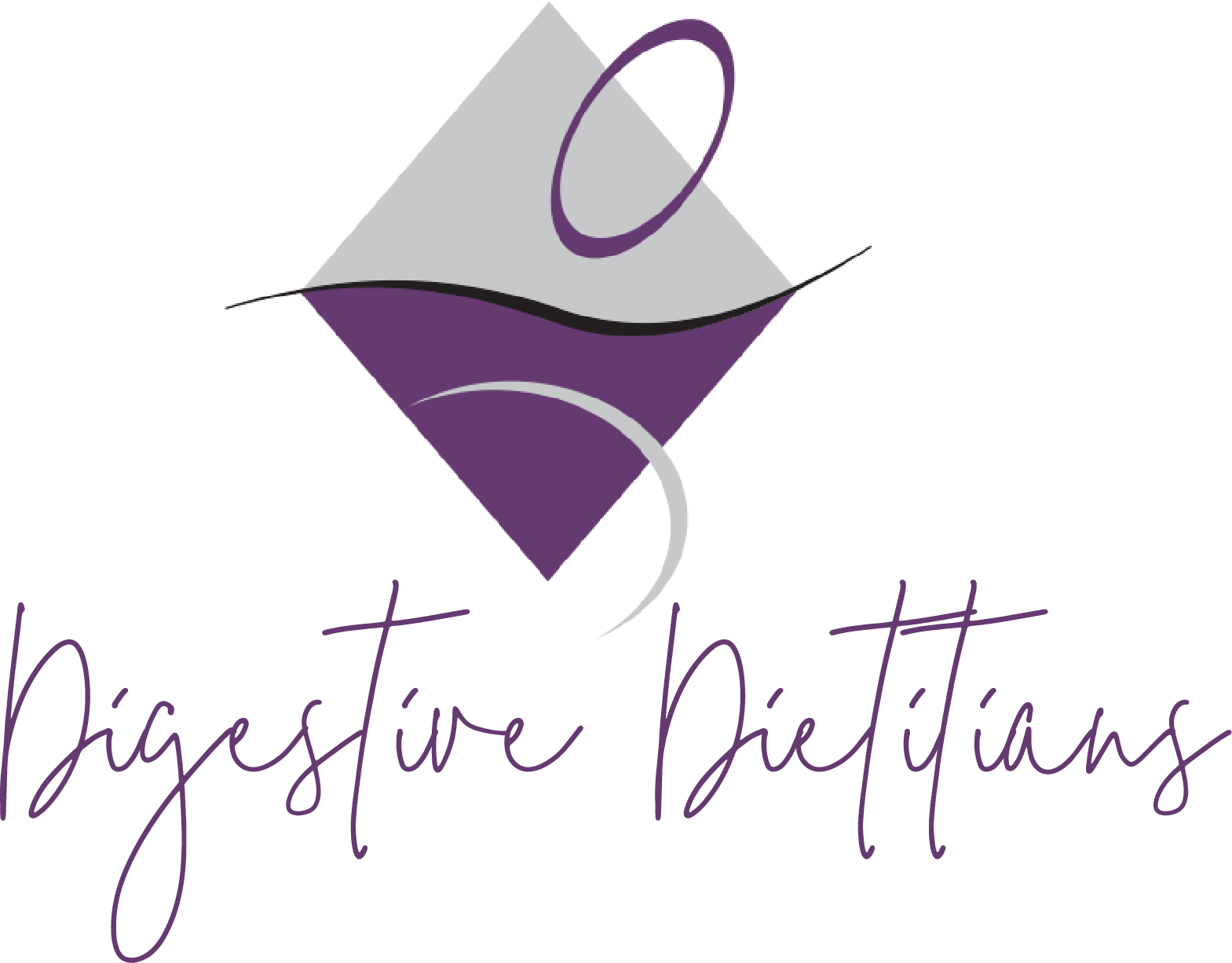
A varied and balanced vegetarian diet can provide all the nutrients you need for good health. A vegetarian diet easily meets healthy eating recommendations – a diet low in saturated fat and high in fibre with plenty of breads, grains, cereals, fruits and vegetables, moderate amounts of protein foods and small amounts of added fats and sugars. Research shows many health benefits associated with eating a vegetarian diet, however it is important to balance your vegetarian diet correctly.
There are some nutrients which vegetarians are at higher risk of being deficient in. These include protein, iron, vitamin B12, zinc and omega-3.
Protein is an essential nutrient that is required for many vital roles in the body. It is needed for growth and repair of all body cells, formation of enzymes and hormones, normal functioning of muscles, transmission of nerve impulses and immune protection. Proteins are made up of building blocks called amino acids. There are about 20 different amino acids commonly found in plant and animal proteins. The body can make some amino acids, however, there are eight amino acids – known as “essential” amino acids that must be supplied by the diet, as they cannot be made by the body. Foods contain varying amounts of the essential amino acids and it is easy to obtain enough of all the essential amino acids by having a variety of different types of plant foods such as legumes, grains, nuts and seeds, soy products, and vegetables.
Iron is an essential mineral, which is required by the body for a number of functions, including transporting oxygen around the body. There are two types of iron found in different foods – haem iron and non-haem iron.
Haem Iron: found in animal foods such as meat, chicken, fish and offal, and is well absorbed by the body.
Non-Haem Iron: found in eggs and plant foods such as legumes, wholegrain breads and cereals, nuts, seeds and green leafy vegetables. This type of iron is generally not as well absorbed by the body as haem iron. However, the absorption or non-haem iron is increased greatly when vitamin C-rich foods are eaten at the same time.
Some vegetarian sources of iron include meat alternatives, breads/cereals (fortified with iron), and some dried fruits such as apricots.
Vitamin B12 is an essential vitamin and is a member of the vitamin B complex. It is needed by the body for cell division and formation of red blood cells. It is also required for the maintenance of the nervous system. B12 occurs naturally in animal products such as red meat, offal, poultry and seafood as well as milk, yoghurt, eggs and cheese.
Vitamin B12 is not naturally found in plant foods. Plant foods including mushrooms, tempeh, miso, sea vegetables are often reported to provide some vitamin B12, although only in small amounts and sometimes in the inactive form.
Some vegetarian sources of vitamin B12 include meat alternatives and dairy foods.
Zinc is found in every part of our body and has a wide range of functions. It is important for growth and development, wound healing, healthy skin and a strong immune system. Dietary sources of zinc for vegetarians include: legumes, wholegrains (eg. quinoa, amaranth grain, brown rice wheatgerm, rolled oats), nuts, seeds, eggs, cheese, cow’s milk and soy products (eg. tofu, tempeh, soy milk, soy yoghurt) and zinc-fortified breakfast cereal.
Omega-3 plays a critical role in good health and protection against disease. For vegetarians, sources include flaxseed oil, chia seed oil, hemp seeds, walnuts, canola oil, soybeans, seaweed, tofu, eggs (omega-rich eggs are also available), chia seeds, flaxseeds/linseeds (stored in the fridge), omega-3 fortified soy milks (soy milk that has omega-3 added).
If you need further guidance on the amounts of these foods to aim for, contact us to make an appointment to ensure your vegetarian diet is meeting your requirements.
